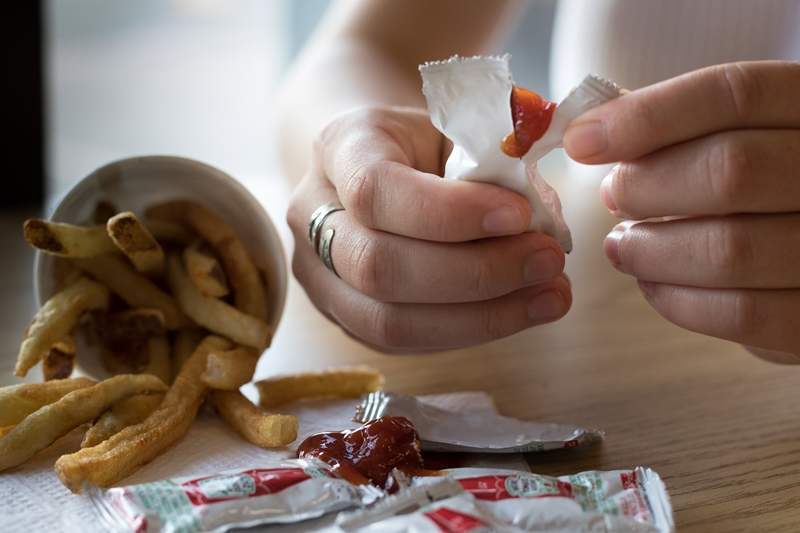Researchers from Virginia Tech University in the US have unveiled a new approach to super slippery packaging that intends to cut down on food waste.

Image: Researchers from Virginia Tech University aims to create super slippery packaging for food industry. Photo: courtesy of Virginia Polytechnic Institute and State University.
The study establishes a method for wicking chemically compatible vegetable oils into the surfaces of common extruded plastics to help sticky foods like ketchup to release from their packaging.
The new method can also be applied to inexpensive plastics such as polyethylene and polypropylene, which are hydrocarbon-based polymers.
The researchers noted that the new technique could be more cost-effective than the current slippery liquid-infused porous surfaces (SLIPS), have ability to hold chemically compatible oil within their surfaces via the process of wicking.
The SLIPS were first created by Harvard University researchers in 2011.
Virginia Tech study lead author Ranit Mukherjee said: “Previous SLIPS, or slippery liquid-infused porous surfaces, have been made using silicon- or fluorine-based polymers, which are very expensive.
“But we can make our SLIPS out of these hydrocarbon-based polymers, which are widely applicable to everyday packaged products.”
The SLIPS’ surfaces are said to be very slippery, as well as self-cleaning, self-healing, and more durable than traditional superhydrophobic surfaces.
In order to make the SLIPS to hold these oils, the surfaces must have some sort of nano- or micro-roughnes, which can be achieved two ways. The method of adding roughness, however, could be an expensive and complicated process, the researchers said.
The study co-author Jonathan Boreyko said: “We had two big breakthroughs. Not only are we using these hydrocarbon-based polymers that are cheap and in high demand, but we don’t have to add any surface roughness, either.
“We actually found oils that are naturally compatible with the plastics, so these oils are wicking into the plastic itself, not into a roughness we have to apply.”
The new study found that the oil-infused plastic surfaces resist bacterial adhesion and growth, making it ideal for industrial food and product packaging, as well as the pharmaceutical industry.
The new research was fully funded through an industrial collaboration with Bemis North America.
